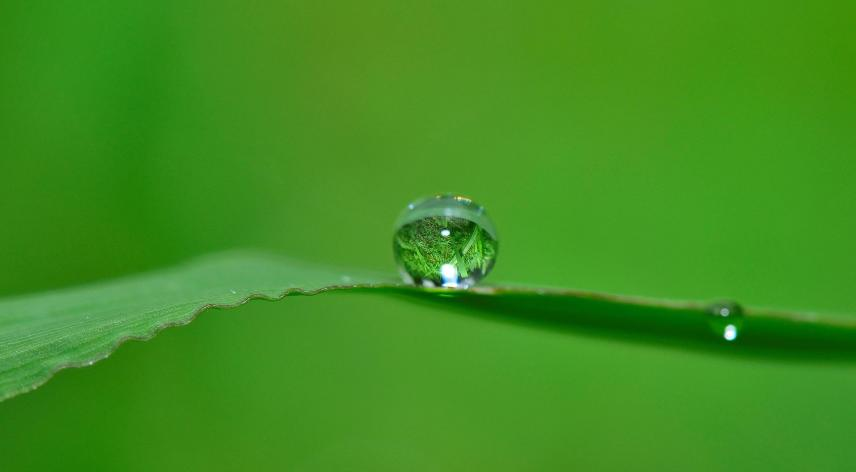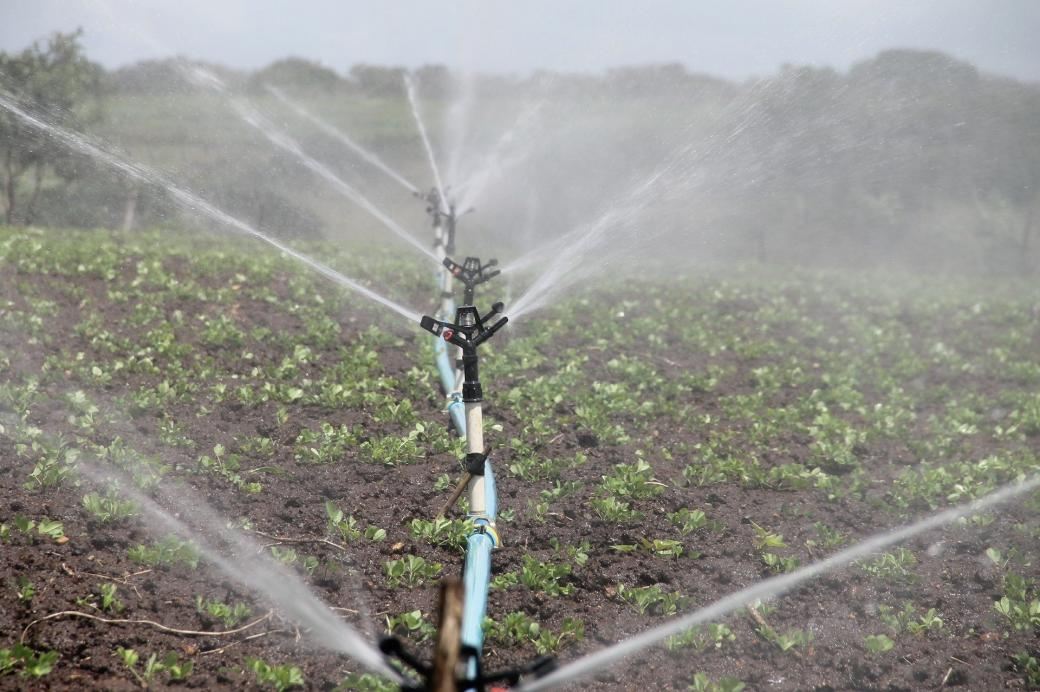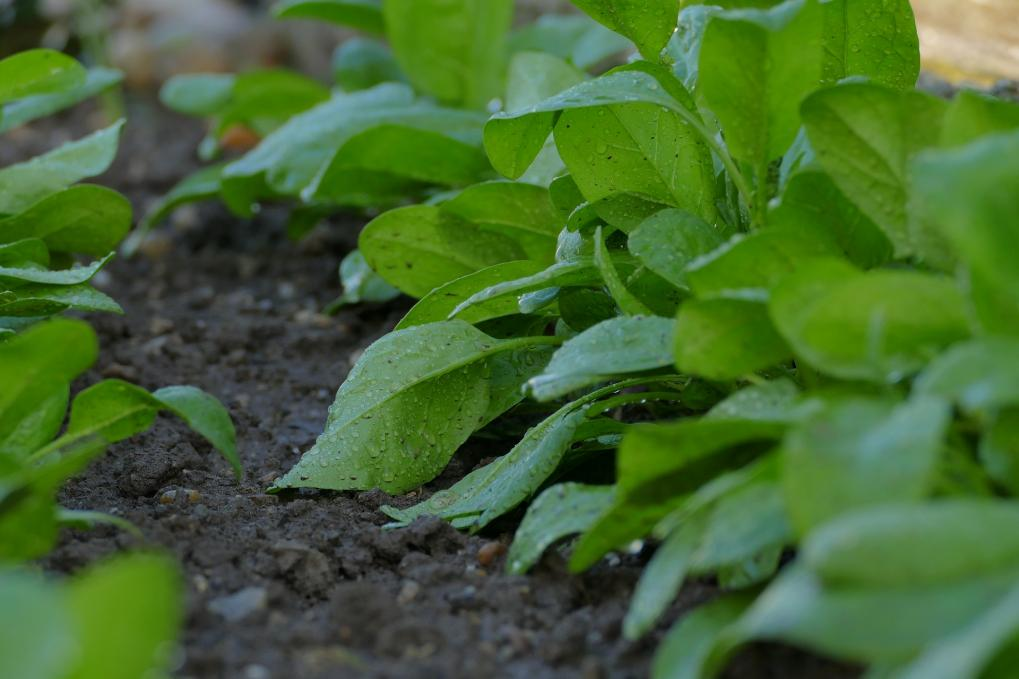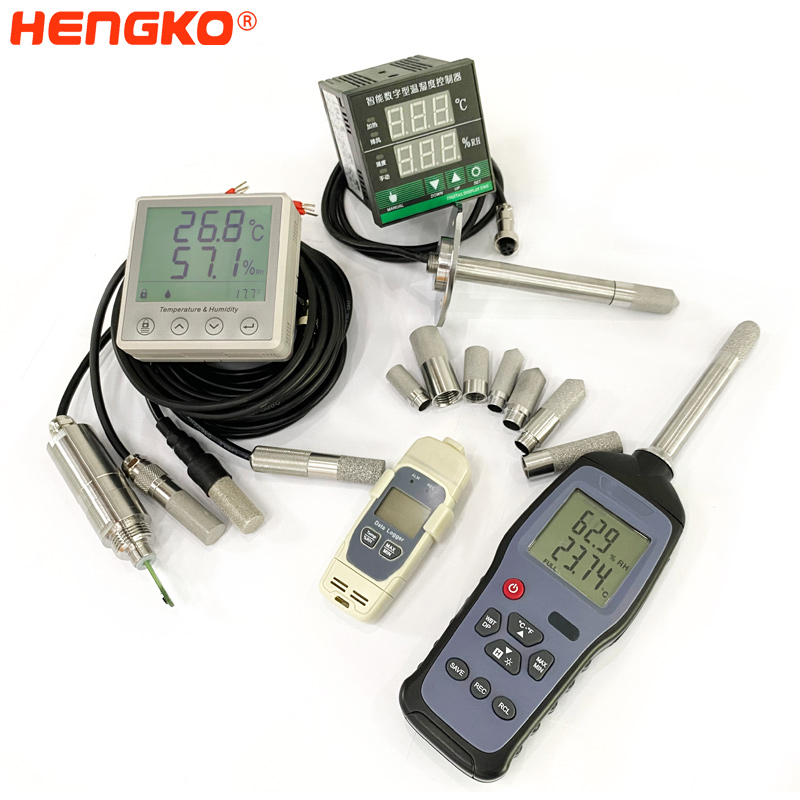Grain Rain—”raingerminate all grains”,is benefit forthe growth of cereal crops!
Grain Rain, 6th solar term of 24(every April 19th to 21st), a last solar term of spring. When the Grain Rain is coming, it means that the coldweather has basically ended, the temperature rises faster, which is benefit for the growth of cereal crops.
The right amount of rain will bring greater crop yields. In ancient times has that rain gives birth to 100 cereal to say it reflects the modern agricultural climatic significance. In the middle and lower reaches of the Yellow River, grain rain not only indicates its agricultural significance but also indicates that "spring rain is as valuable as oil".

Why so valuable of the spring rain? It related to the climate. It is cold and dry in winter and the rains less, and even in northern areas, most of the rain turns into ice, which is not conducive to the absorption of crops, leading to severe spring drought. The weather play an important role in ancient. Lack of the plenty of rain will cause the bad grow of crops and the decrease of the yield. Water is still scarce in agriculture, one of the reasons is climate, the other reason is our own lack of water resources. To break through the water resources constraints of agriculture, we need to vigorously develop water-saving irrigation agriculture.Water-saving irrigation is an irrigation measure that maximizes the yield and output value of crops per unit of irrigation water to maximize yield or profit with the minimum amount of water used. The main measures are: channel seepage prevention, low-pressure pipe irrigation, sprinkler irrigation, micro-irrigation and irrigation management systems.
Canal seepage prevention
Channel water delivery is the main water delivery method for farmland irrigation in China. It has the advantages of fast water delivery, good seasons for agricultural production, and land saving. It is currently one of the main measures for water-saving irrigation in China.
Water Pipeline
Pipeline water delivery is the use of pipelines to send water directly to the field for irrigation to reduce water leakage and evaporation loss in the process of water transportation in open channels.Compared with channel water delivery, pipeline water delivery has the advantages of rapid water delivery, water saving, land saving, and increased production.

Sprinkler irrigation
Sprinkler irrigation is to use pipes to send pressurized water to the irrigation area, and disperse it into small water droplets through sprinklers, and spray them evenly into the field to irrigate crops. Its main advantages are: significant water-saving effect, large crop yield increase, uniform irrigation, and non-solidification of the soil. It greatly reduces the cost of irrigation for farmers, which is conducive to accelerating the realization of agricultural mechanization, industrialization, and modernization.

Micro spray
Micro-sprinkling is a newly developed form of sprinkler irrigation, which saves water and sprays more evenly on crops than ordinary sprinkler irrigation. And it can be expanded into an automatic control system, combined with the application of chemical fertilizers to improve fertilizer efficiency.
Drip irrigation
Drip irrigation is the use of plastic pipes to send water to the roots of crops through orifices or drippers on a capillary with a diameter of about 16 mm for local irrigation. It is the most effective water-saving irrigation method in arid and water-deficient areas, and its water utilization rate can reach 95%. Compared with sprinkler irrigation, drip irrigation has a higher water-saving and yield-increasing effect. At the same time, it can be combined with fertilization to more than double the fertilizer efficiency.

Although water is the source of everything and plays a vital role in the growth of crops, too much irrigation water is not enough. Excessive water will lead to insufficient dissolved oxygen in the soil solution. Root cells will perform anaerobic respiration and produce alcohol. It has a toxic effect on root cells, and eventually causes root rotten phenomenon to affect development and maturity.To prevent this from happening to crops in some greenhouses, you can set up multiple temperature and humidity transmitters at fixed points in the greenhouse to establish a greenhouse temperature and humidity IoT monitoring system, and convert the measured data through processing Transmit data to the online monitoring data platform via the GPRS network. The online monitoring data transmission platform realizes data reception, filtering, storage, processing, statistical analysis, and provides real-time data query tasks. The operator can timely based on the real-time temperature and humidity data of the temperature and humidity sensor The operation inside the greenhouse is of great help to the growth of crops.
HENGKO has a technical service team to provide professional guidance to help customers obtain appropriate and comprehensive temperature and humidity IoT service solutions. Besides, There are various temperature and humidity series for your choice, can meet the measurement needs of demanding industrial processes and environmental control.

